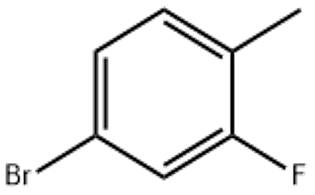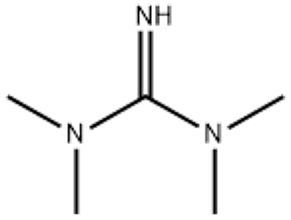Sebacic Acid (CAS# 111-20-6)
Application
It is mainly used as a raw material for sebacate plasticizer and nylon molding resin, and can also be used as a raw material for high temperature resistant lubricating oil. Its main ester products are methyl ester, isopropyl Ester, butyl ester, octyl Ester, nonyl ester and benzyl ester, commonly used esters are dibutyl sebacate and sebacic acid dioctyl grains.
Decyl Diester plasticizer can be widely used in polyvinyl chloride, alkyd resin, polyester resin and polyamide molding resin, because of its low toxicity and high temperature resistance, it is often used in some special purpose resin. The nylon molding resin produced from sebacic acid has high toughness and low moisture absorption, and can also be processed into many special purpose products. Sebacic acid is also a raw material for rubber softeners, surfactants, coatings and fragrances.
Specification
Character:
white patchy crystal.
melting point 134~134.4 ℃
boiling point 294.5 ℃
relative density 1.2705
refractive index 1.422
solubility slightly soluble in water, soluble in alcohol and ether.
Safety
Sebacic acid is essentially non-toxic, but the cresol used in the production is toxic and should be protected from poisoning (see cresol). Production equipment should be closed. Operators should wear masks and gloves.
Packing & Storage
Packed in woven or hemp bags lined with plastic bags, each bag has a net weight of 25kg, 40kg, 50kg or 500kg. Store in a cool and ventilated place, fire and moisture. Do not mix with liquid acid and alkali. According to the provisions of flammable storage and transportation.
Introduction
Introducing Sebacic Acid - the versatile, white patchy crystal that has soared in popularity over the years, thanks to its diverse range of applications across numerous industries. Sebacic acid is a dicarboxylic acid with the chemical formula HOOC(CH2)8COOH and is soluble in water, alcohol, and ether. This organic acid is typically obtained from the seeds of the castor oil plant, and it is one of the most important raw materials utilized in the chemical industry.
Sebacic acid is mainly used as a raw material for sebacate plasticizer and nylon molding resin. This is due to its ability to significantly enhance the elasticity and flexibility of various polymers without compromising their performance or stability. It enhances the resistance to extreme temperatures, cuts, and punctures as well as improves the tensile and compressive strength of nylon materials. As a result, it has gained wide acceptance in the plastic industry.
Sebacic acid is also heavily utilized in the production of high-temperature resistant lubricating oils. Due to its compatibility with high-temperature environments, it serves as an excellent base for lubricants in the automotive and aerospace industries. Its thermally stable nature allows for a greater tolerance to high heat applications with reduced friction and wear while ensuring reliability and performance.
Another area where sebacic acid finds its use is in the manufacture of adhesives and specialty chemicals. It’s commonly used in adhesives because of its good wetting and penetrating properties. Sebacic acid is used to produce high-performance adhesives because it can improve the adhesion properties of the adhesive.
Sebacic acid is also used as a corrosion inhibitor in water treatment and oil production. Its effectiveness in preventing rust and oxidation make it ideal for pipelines and other equipment used for transporting and processing oil and natural gas.
Due to its white patchy crystal character, sebacic acid can be easily identified from other chemicals. This makes it an attractive inclusion for the pharmaceutical industry as an excipient. It can be used as a diluent, binder and lubricant in the manufacturing of different dosage forms such as tablets, capsules, and suppositories.
In conclusion, sebacic acid’s versatility and wide range of applications make it an extremely attractive product for use across numerous industries from automotive and aerospace to pharmaceutical and chemical manufacturing. Its stability under extreme conditions makes it indispensable in a number of industries including plastic, oil, gas, and water treatment, while its ability to enhance the performance of polymers showcases its value. Overall, sebacic acid is a critical building block for a number of products that have become essential to modern life.








